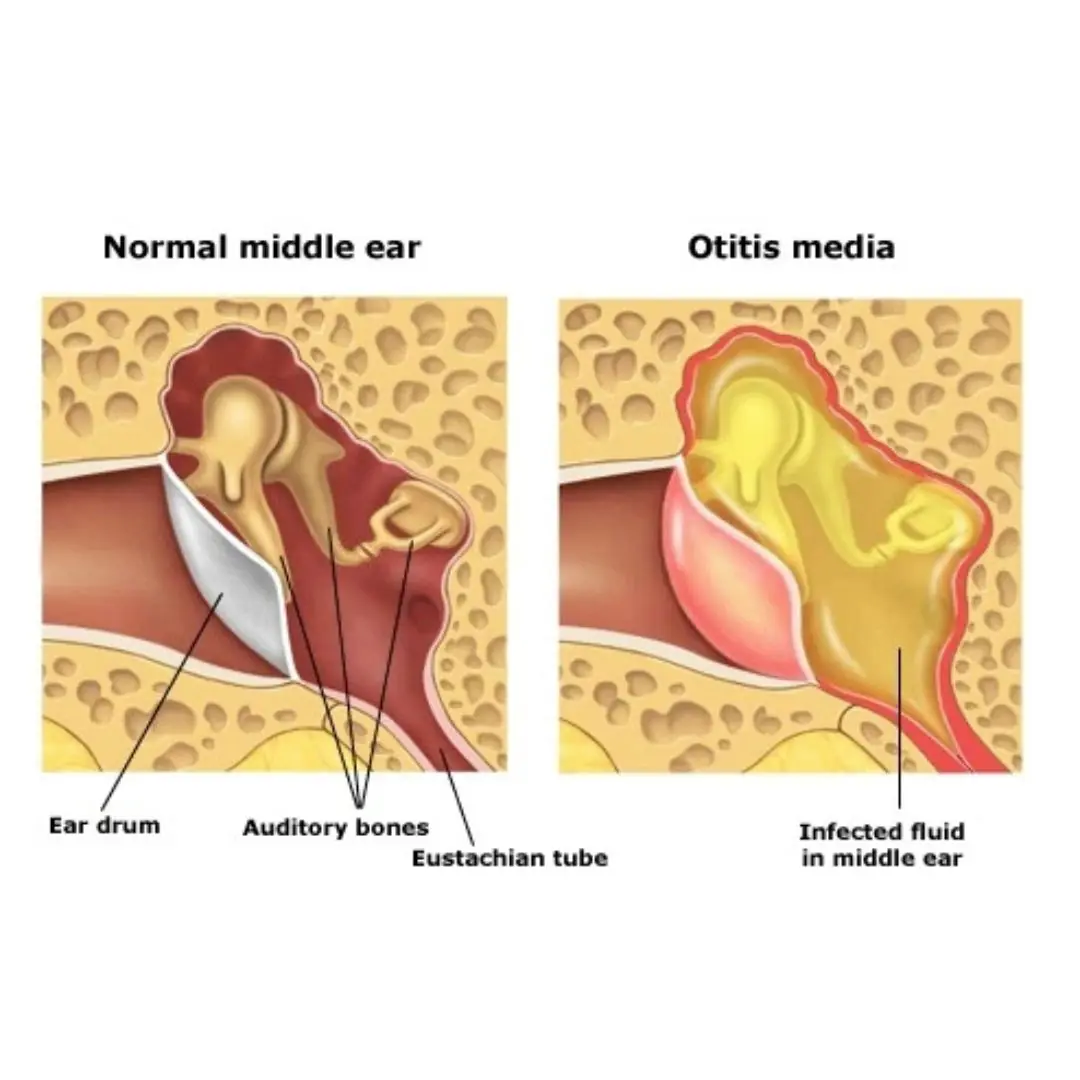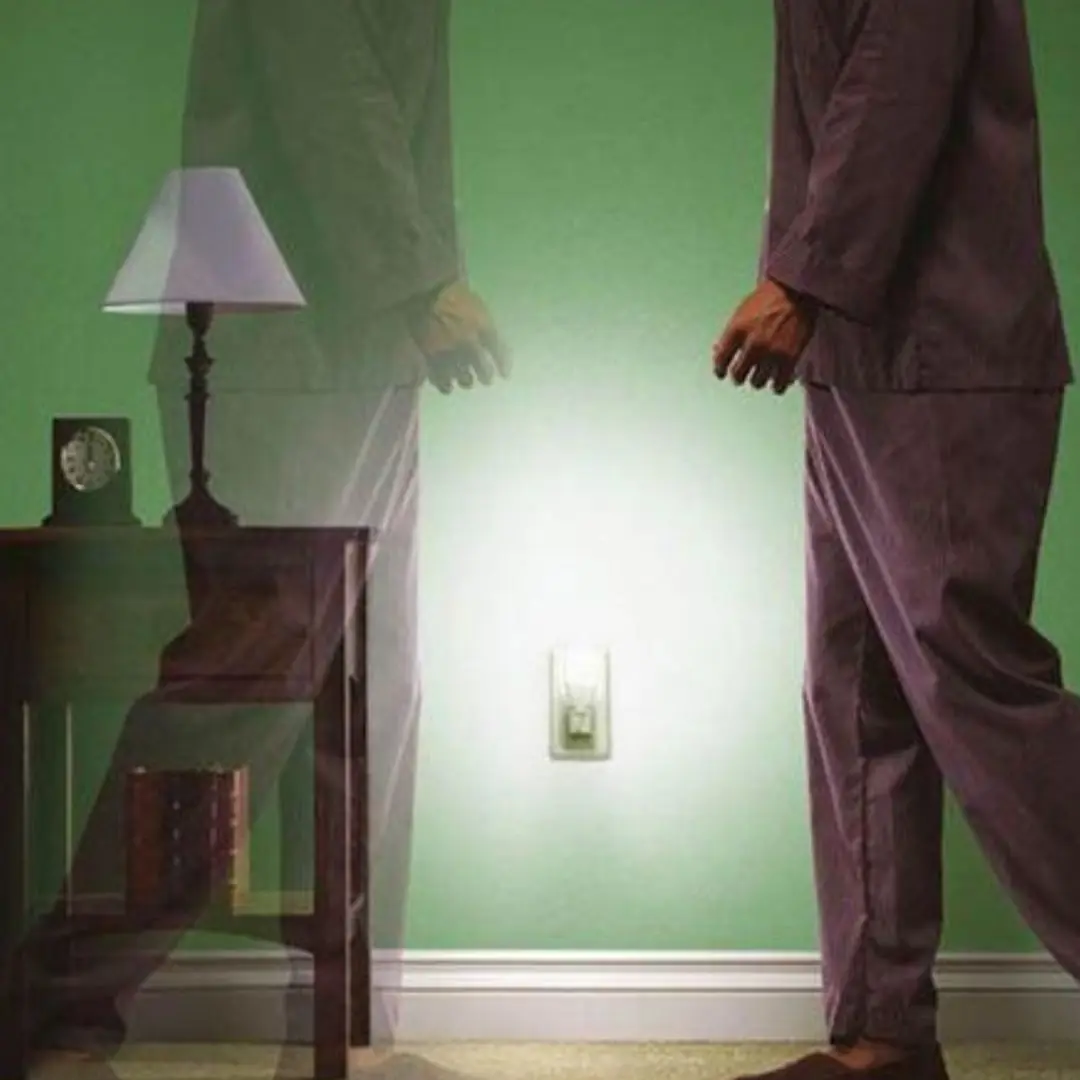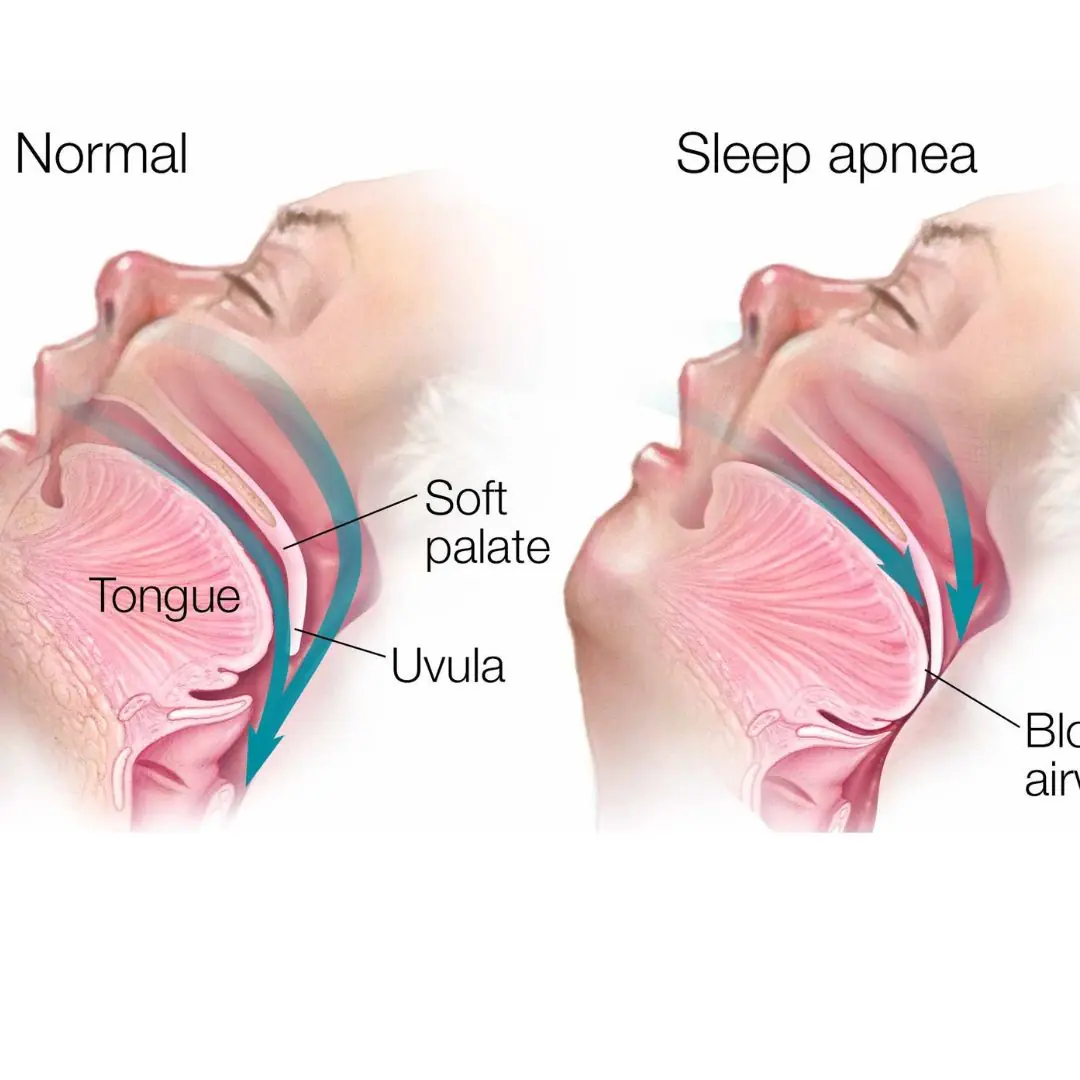
Insomnia, when to see a doctor?

Insomnia: When Should You See a Doctor?
Insomnia is a common health issue that affects the quality of life and overall health. However, not every case of insomnia requires medical treatment. Here are signs that indicate you should consult a doctor if you experience insomnia:
1. Insomnia Lasting More Than 3 Months
If your insomnia persists for more than three months and significantly impacts your quality of life (fatigue, difficulty concentrating, irritability...), it’s important to see a doctor to determine the underlying cause and receive appropriate treatment.
2. Significant Impact on Mental and Physical Health
If insomnia is causing severe health problems such as:
-
Feelings of depression or anxiety.
-
Reduced energy, prolonged fatigue, inability to perform normal activities.
-
Excessive stress affecting your work and personal relationships.
At this point, a doctor can help you identify any underlying issues and suggest treatment options.
3. Difficulty Falling Asleep and Waking Up Suddenly During the Night
If you have trouble falling asleep or wake up suddenly in the middle of the night and can’t fall back asleep, this could be a sign of a serious sleep disorder. These issues may be linked to conditions like sleep apnea, depression, anxiety, or heart disease.
4. Insomnia Accompanied by Other Symptoms
If insomnia is accompanied by symptoms such as:
-
Breathing pauses while sleeping (snoring, choking).
-
Chest pain or shortness of breath.
-
Nausea or dizziness.
These could be signs of a more serious health problem, such as heart disease, respiratory disorders, or stomach issues.
5. Frequent Use of Sleeping Pills
If you have been using sleeping pills or other sleep aids for an extended period without seeing improvement, or you feel dependent on them to sleep, it’s time to consult a doctor to find the root cause and appropriate treatment.
When should you see a doctor?
Insomnia is not always serious, but if you experience any of the signs mentioned above, seeking medical help to identify the cause and receive timely treatment is crucial. A doctor may suggest treatments such as cognitive behavioral therapy, sleeping pills, or ways to improve your sleep habits.
News in the same category


Pare de comer estes 4 alimentos imediatamente Eles contêm muitos parasitas

What happens to your body if you drink orange juice every day?

A cup of hot water can offer many health benefits

Otitis media – the “hidden culprit” causing vestibular disorders that many people ignore

Don't drink water before bed but still urinate at night, beware of these 3 diseases

4 changes in fingers that could be signs of lung can.cer

8 symptoms of kidney fai.lure you should never ignore

3 things that don’t go well with eggs

4 Signs You Might Have Sleep Apnea

5 foods you should never keep overnight

Waking Up With Numb Hands? Here's What Your Body's Trying to Tell You

Mother Collapses: "I Thought These Two Things Were Can.cer-Preventing Superfoods"

5 bad habits that increase the risk of stroke at night

15 years without can.cer recurrence: Japanese doctor shares 5 simple secrets to keep malignant cells from "daring to return"

30-year-old couple both have stomach can:cer due to dishwashing habit that many people also have

Top Natural Drinks That Safely Rejuvenate Your Skin From Within

You’ve Been Throwing Away the Most Medicinal Part of the Mango Tree

Meet the Miracle Plantain!
News Post

Rub Ginger on the Soles of Your Feet Before Bed, and You’ll Experience Its “Miraculous” Health Benefits

When Installing an Air Conditioner, Avoid These 4 Spots to Protect Your Family’s Health

10 Tips for Growing a Big Pepper Harvest

How to Grow Kiwi in Containers at Home

What happens to your body if you drink orange juice every day?

Revitalizing Orchids Using Tea: A Comprehensive Guide with Handy Tips

4 effective ways to ensure your home is free of cockroaches

Are two-headed snakes real? Why does this phenomenon occur?

A cup of hot water can offer many health benefits

Caterpillar on you: 5 simple steps to treat at home

Otitis media – the “hidden culprit” causing vestibular disorders that many people ignore

Don't drink water before bed but still urinate at night, beware of these 3 diseases

How to Plant a Mango Seed and Successfully Grow

Secrets to growing lemongrass at home – easy to do, suitable for beginners

4 changes in fingers that could be signs of lung can.cer

Grow Your Own Asparagus Plants

Put them in your home and mice will run away

How to Grow a Pineapple at Home: Simple and Fast

For the Sake of Your Family’s Health, I Strongly Urge You to Get Rid of These 10 Items
